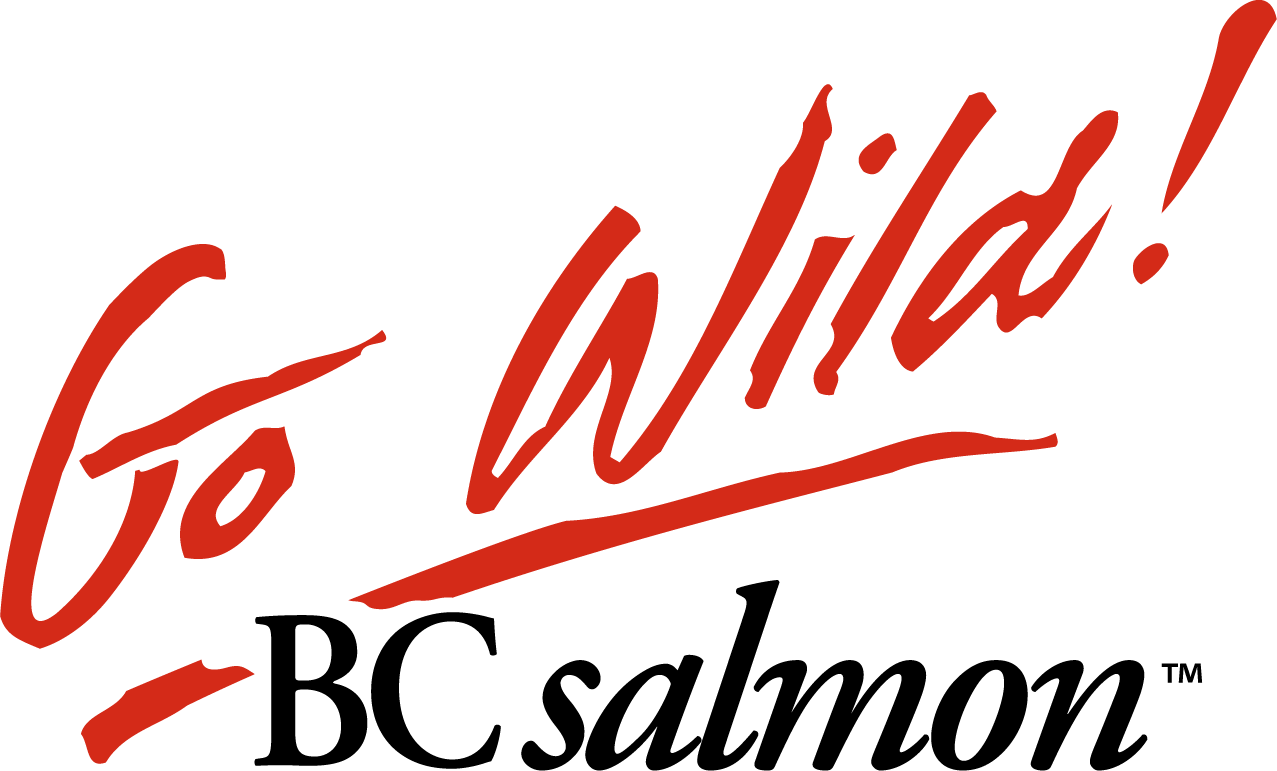Young Fisherman: An Endangered Species
Young fisherman is not a term you hear regularly on the B.C. coast these days. The commercial fishing industry has changed drastically over the last thirty years, making it much less accessible to new entrants. The few young captains left on the water all have the same three things in common: they are adaptive, innovative and passionate about fishing as more than just a career, but a way of life.
Jordan Belveal is one of these few. He is a 36-year-old fourth generation fisherman who grew up on Sointula, a well known Finnish fishing village on Malcolm Island just off the Northern tip of Vancouver Island. He started fishing full time at the age of 17 with his father and two brothers who now all have operations of their own. His boat Foremost was built in 1979 at the Goldrup Boatworks in Campbell River and was designed specifically for salmon trolling. It’s one of the largest salmon trollers on the BC coast.
Times have changed since the boat was launched in 1979. The Foremost is now fitted to fish year round in five different fisheries in order to stay viable. In May and June, Jordan trolls for Chinook salmon off the west coast of Vancouver Island and around Haida Gwaii before switching to trolling offshore for tuna in August and September. The boat is then revamped with longline gear and seeks out rockfish and lingcod from October to March. After finishing off longlining for halibut in March and April, the cycle starts all over again.
This past December, the Foremost was diversified again by fitting its hold with regulated salt water tanks so that fish can be delivered live at the dock, opening up access to higher priced niche markets. I jumped onboard with Jordan and his first mate Stewie for their first live rockfish trip in January.
We sailed out of Port Hardy and made our way north to fish for a few days on the Central Coast. We set our gear in the early morning and hauled it back with the sunrise. We worked late into the night each day and continued until we had the two tanks filled with live Yelloweye, Quillbacks and Coppers. Most were destined for aquariums in high class Vancouver restaurants where diners are able choose their favorite fish for their meal.
It’s always a great experience to work with multi-generational fishers. They have an intense respect for the ocean and take great pride in the work that they do, especially the quality of product that they deliver. They have unlimited stories of exploring the coast, stormy close calls and learning to understand the value of hard work at an early age. It’s a unique experience when you get to work on the water with your family: learning the ropes from your parents and grandparents, the glories and hardships of working with your siblings and eventually looking forward to teaching your own children.
It’s unfortunate that the changing nature of B.C.’s commercial fisheries have made these stories and experiences fewer and far between. As the quota and license system has become increasingly privatized, shareholders and multinational companies have been enabled to purchase, own, and lease fishing rights, significantly driving up the cost for new entrants. Quota and licence leasing has now become a lucrative investment opportunity, meaning most of the profits from the catch are no longer staying with those who are working the long 20 hour days but being pocketed by investors who are leasing the rights to fish back to our fishermen at a steep cost.
As a result, the industry is moving away from the owner-operator lifestyle that founded, enriched and supported our coastal communities for decades. Forty years ago, a fisher would specialize in one or two fisheries. Now most fishers, and especially young fishermen, are forced to adapt, requiring them to have the gear, knowledge and capital to participate in many different fisheries year round in order to make a decent living.
Only those who are adaptive and innovative are finding a way to survive. They are diversifying, self marketing, working with community supported fisheries, and actively advocating for change in the future. These young fishermen are pioneering a new way of fishing in a system that is making them work harder to earn less. Will their hard work and determination be recognized and supported before we lose a crucial piece of our coastal culture?
Interview and photos by Chelsey Ellis
